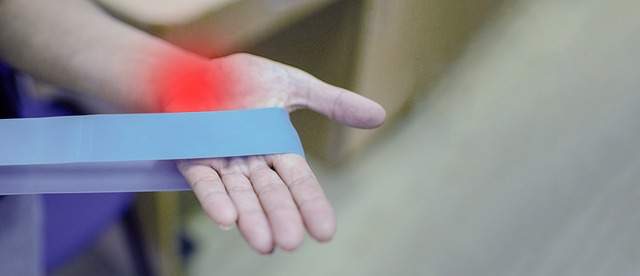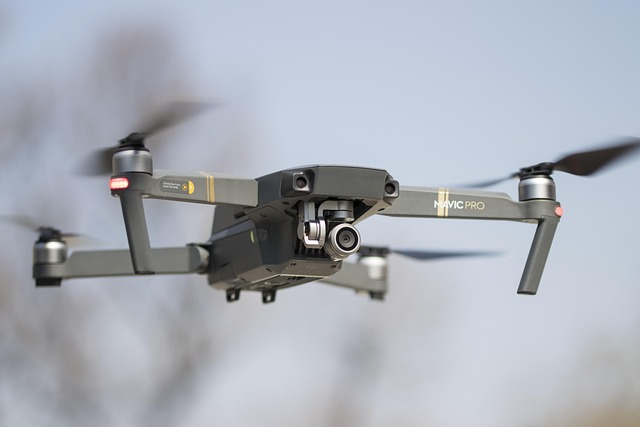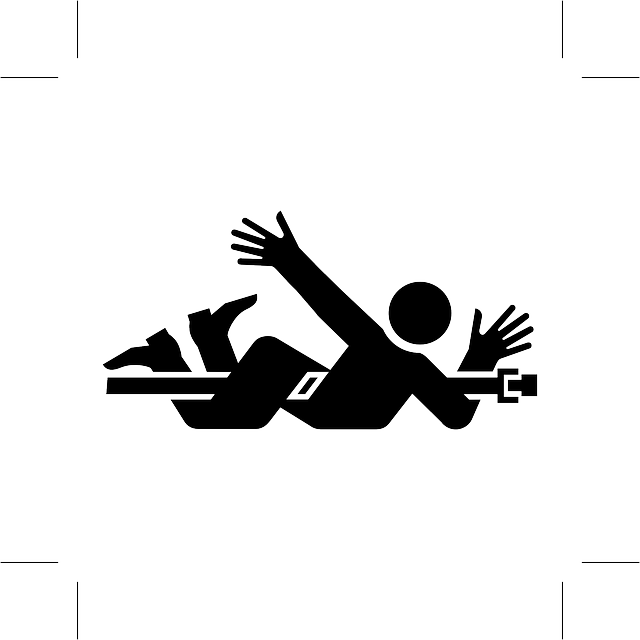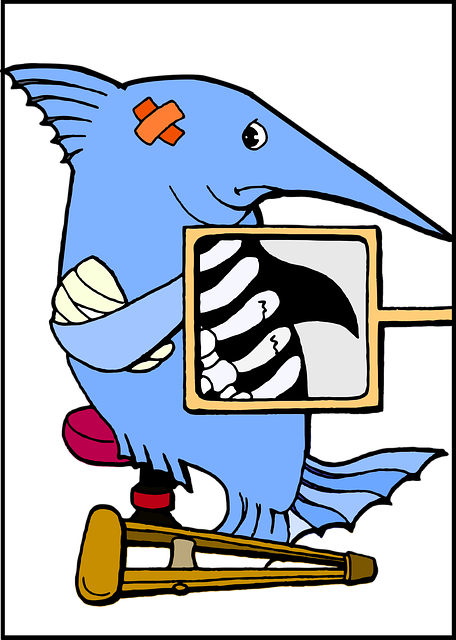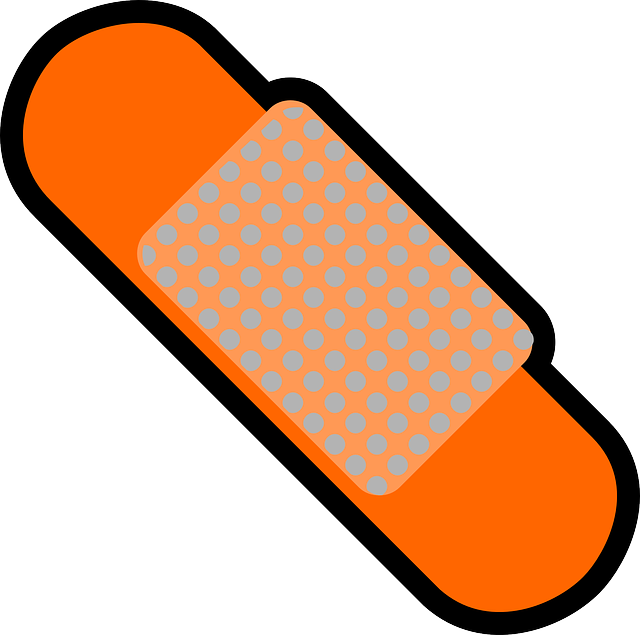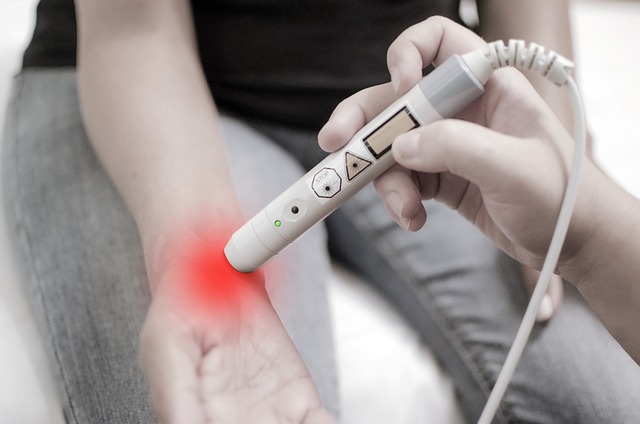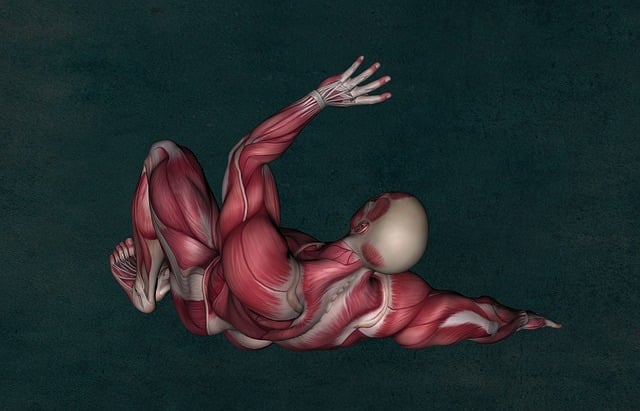Car collisions can cause subtle yet severe spinal ligament injuries, such as sprains and strains, which chiropractors diagnose using advanced techniques like CRMA (Chiropractic Radiographic Measurements Analysis). They provide non-invasive chiropractic care to promote natural healing, alleviate pain, and enhance mobility for patients affected by automotive accidents, focusing on specific collision-related issues for effective relief and accelerated recovery.
Chiropractors play a crucial role in diagnosing and treating accident injuries, especially complex spinal ligament injuries stemming from car collisions. This article explores how chiropractors leverage CRMA technology for precise diagnoses. We delve into the unique, non-invasive approach of chiropractic care and highlight how CRMA enhances accuracy, offering a comprehensive understanding of these often-overlooked injuries. By combining advanced technology with hands-on expertise, chiropractors provide effective treatment strategies for those affected by motor vehicle accidents.
- Car Collisions: Understanding Spinal Ligament Injuries
- Chiropractic Care: A Non-Invasive Diagnostic Approach
- CRMA Technology: Enhancing Accurate Diagnosis
Car Collisions: Understanding Spinal Ligament Injuries
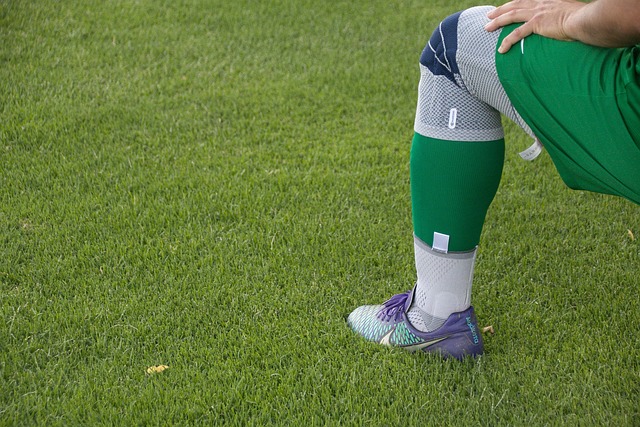
Car collisions can lead to a range of injuries, and spinal ligament damage is often an overlooked yet significant concern. When two vehicles collide, the sudden impact can cause complex spinal injuries, including sprains and strains to the ligaments that support the vertebrae. These ligaments play a vital role in maintaining the stability and alignment of the spine. Chiropractors are trained to recognize and diagnose such subtle yet potentially severe injuries using advanced techniques like CRMA (Chiropractic Radiographic Measurements Analysis).
CRMA allows chiropractors to analyze spinal images with precision, identifying even minor imbalances or injuries. By understanding the intricacies of car collision-related spinal ligament injuries, chiropractors can provide tailored chiropractic care. This non-invasive approach helps in promoting natural healing, reducing pain, and improving mobility for patients who have been involved in automotive accidents.
Chiropractic Care: A Non-Invasive Diagnostic Approach

Chiropractic care offers a non-invasive approach to diagnosing and treating accident-related injuries, particularly focusing on car collisions and their impact on the spine. Chiropractors are experts in evaluating spinal ligament injuries, which are common in such incidents. They utilize specialized techniques to assess the health of the musculoskeletal system, going beyond typical medical imaging.
By employing these methods, chiropractors can pinpoint areas of discomfort, misalignment, or weakness that may not be evident through standard diagnostic tools. This holistic approach ensures a comprehensive understanding of the patient’s condition, allowing for tailored treatment plans that target specific issues related to car collisions, thereby providing effective relief and accelerating the recovery process.
CRMA Technology: Enhancing Accurate Diagnosis
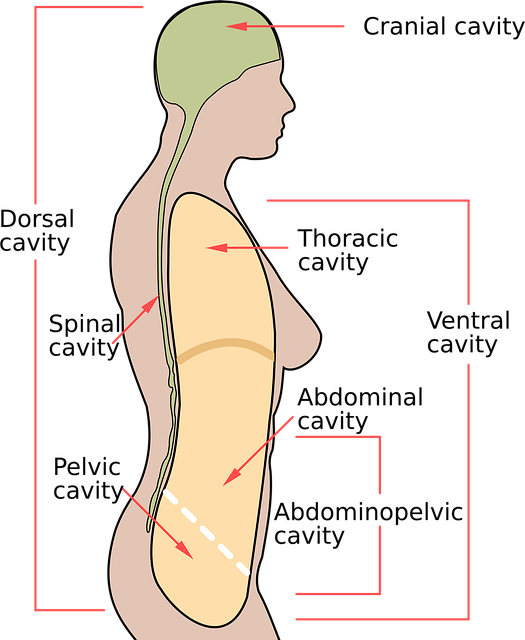
Chiropractors are increasingly leveraging CRMA (Computerized Radiological Measurement Analysis) technology to enhance the accuracy of their diagnosis, particularly in cases involving car collisions and spinal ligament injuries. This advanced tool allows for precise measurements and comparisons of radiographic images, such as X-rays and MRIs. By analyzing these images digitally, CRMA can detect even subtle abnormalities that may be difficult for the human eye to discern.
This technology not only speeds up the diagnostic process but also improves its reliability. It enables chiropractors to make more informed decisions about treatment plans, ensuring that patients receive the most effective care. In the context of car collision injuries, where spinal ligament damage can be complex and varied, CRMA offers a level of detail crucial for tailored chiropractic care.
Chiropractors now have a powerful tool in their arsenal thanks to CRMA technology, which significantly enhances the accuracy of diagnosing spinal ligament injuries resulting from car collisions. By providing non-invasive diagnostic capabilities, CRMA allows for early and precise identification of these often subtle yet significant injuries, paving the way for effective chiropractic care and improved patient outcomes.

